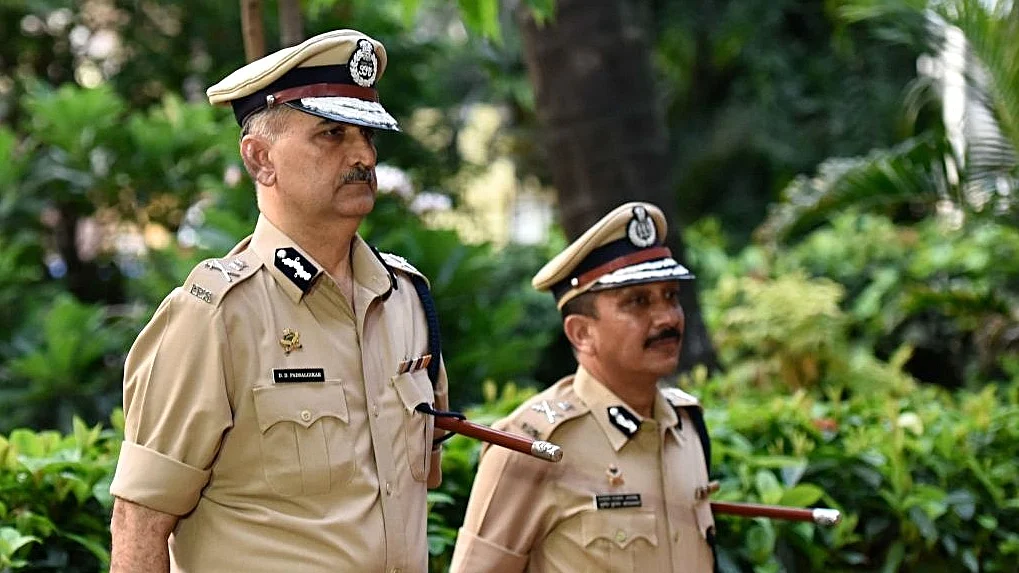SC says states, UTs can’t appoint acting DGP; tells them to propose officers’ names to UPSC
In a decision bound to upset states, Supreme Court on July 3 ordered all states and UTs not to appoint acting DGPs and directed them to send names of officers to UPSC for consideration as candidates

The Supreme Court on Tuesday, July 3 ordered all states and union territories not to appoint any police officer as acting Director General of Police (DGP). A bench headed by Chief Justice Dipak Misra also directed all the states to send names of senior police officers to the Union Public Service Commission (UPSC) for being considered as probable candidates to be appointed as DGPs or Police Commissioners, as the case may be.
The UPSC, in turn, will prepare a list of three most suitable officers and the states will be free to appoint one of them as police chief, the bench, also comprising Justices AM Khanwilkar and DY Chandrachud, said.
The court was hearing the Centre's plea seeking modification of one of its directions, which were part of its historic 2006 verdict on police reforms, recommending steps like a fixed two-year tenure for DGPs. The Hindu’s legal correspondent reported on Twitter that the Centre told the apex court that state governments employ their favourite, politically-convenient officers as DGPs.
Commentators were quick to point out on Twitter that now the central government would have a role in selecting state DGPs through the UPSC.
The apex court also ruled that any rule or state law on the subject of appointment of police officers "will be kept at abeyance". The bench, however, granted liberty to the states, which have made laws on police appointments, to move before it seeking modification of its order.
The apex court also directed all the states to send names of senior police officers to the UPSC for being considered as probable candidates to be appointed as DGPs or Police Commissioners, as the case may be. The UPSC, in turn, will prepare a list of three most suitable officers and the states will be free to appoint one of them as police chief
The directions of July 3 came on a plea of the Centre seeking modification of the judgment rendered in the Prakash Singh case on police reforms.
Earlier, the apex court, on September 8 last year, had agreed to hear a clutch of pleas claiming that its 2006 verdict on police reforms, recommending steps like fixed tenures for DGPs and SPs, has not yet been implemented by states and Union territories.
The apex court, deciding the PIL filed by two former DGPs Prakash Singh and NK Singh in 2006, had given a slew of directions, including the following:
- Setting up of a state security commission to ensure that the government does not exercise unwarranted influence on the police
- Officers like DGPs and Superintendent of Police (SP) should have a minimum fixed tenure of two years
- Recommended separation of police functions of investigation and maintaining law and order
- Setting up of a Police Establishment Board to decide and make recommendations on transfers, postings, promotions and other service-related matters of police officers of and below the rank of DSPs
- Setting up of a Police Complaints Authority in each state to look into complaints against officers of and above the rank of SP in cases of serious misconduct, including custodial death, grievous hurt or rape in police custody
- A National Security Commission to be set up at the Union level to prepare a panel for selection and placement of chiefs of the Central Police Organisations with a minimum tenure of two years
Contempt pleas alleging non-implementation of these directions are still pending.
With PTI inputs.
Follow us on: Facebook, Twitter, Google News, Instagram
Join our official telegram channel (@nationalherald) and stay updated with the latest headlines